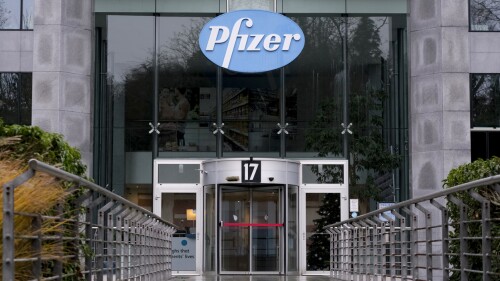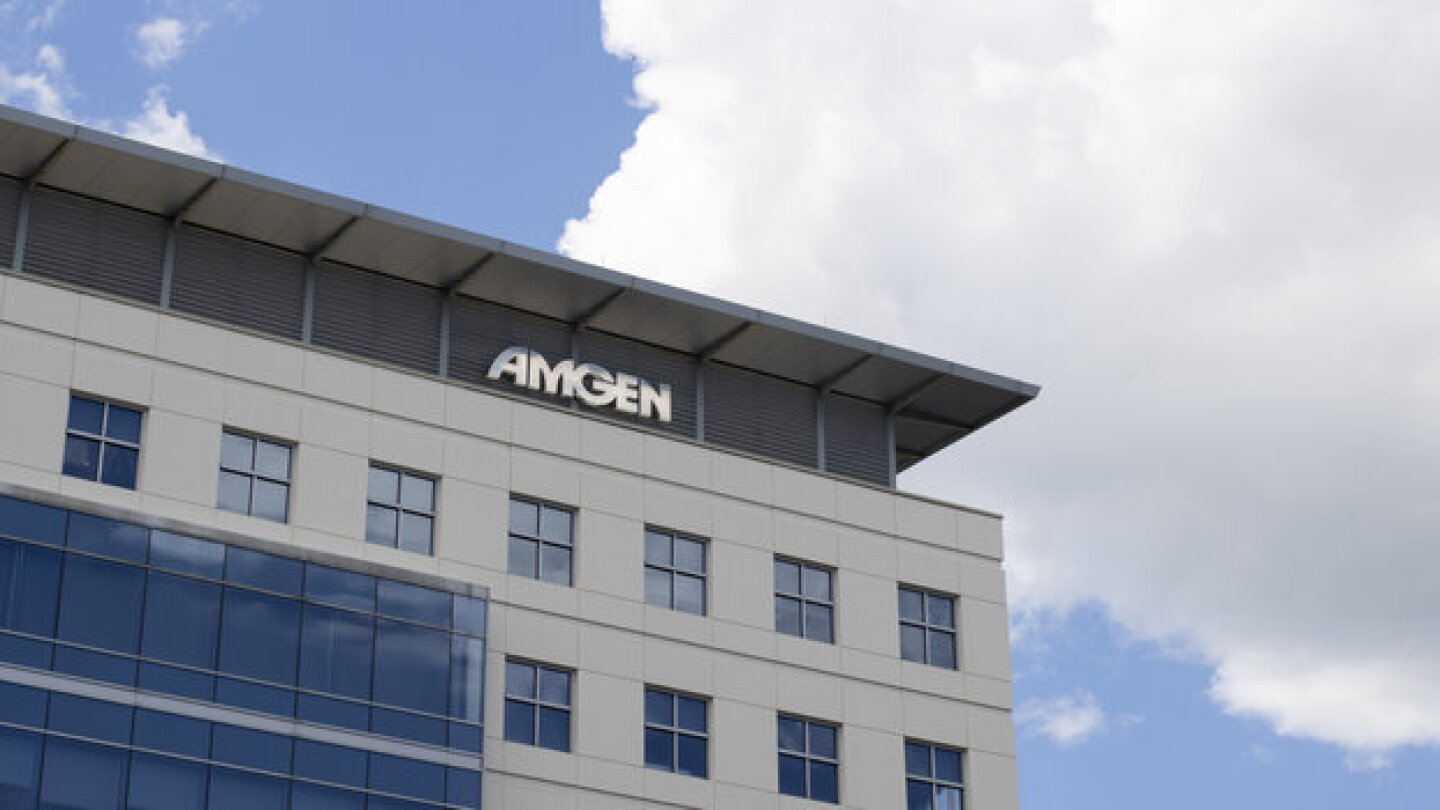News
A new generation of companies is eyeing the existing, sizeable hair loss market, hoping that better formulations and new scientific targets will finally produce treatments that are safer and more effective, as well as commercially successful.
FEATURED STORIES
The coming flu season is the clearest indication yet that biopharma’s long-standing assumptions about predictability, prevention and portfolio structure are no longer guaranteed.
Executives from Eli Lilly, Merck and other companies foresee the FDA’s new onshoring proposal being anything from a bureaucratic waste of time to a transformative program that will eliminate inspection-related complete response letters.
The BioSpace 40 Under 40 winner opens up about his very personal career transformation from wealth management to biotech—and what it’s like to develop a drug for amyotrophic lateral sclerosis and frontotemporal dementia as a potential patient himself.
Job Trends
California’s life sciences manufacturing jobs dipped 3.7% in 2024, according to a new Biocom California report. Still, several companies made—and continuing making—significant manufacturing investments in the state as key trends shape the discipline.
FROM OUR EDITORS
Read our takes on the biggest stories happening in the industry.
Marty Makary, likely FDA commissioner under President Trump, appeared before Congress this week as the agency he’s set to lead continues to be rocked by sweeping changes and about-faces.
THE LATEST
According to reporting from Reuters, reviewers at the agency pointed to an inability to differentiate from placebo to justify rejecting the drug, but an FDA office director approved the drug anyway.
Investors got to hear Novo Nordisk’s side of the Metsera bidding war drama for the first time on Wednesday, as the company reported third-quarter earnings. A rough quarter underscored the stakes for the Danish pharma.
Pfizer and Novo Nordisk continue to fight for ownership of obesity startup Metsera; CDER Director George Tidmarsh leaves his position amid an ongoing probe into his “personal conduct”; FDA reverses course on approval requirements for uniQure’s Huntington’s gene therapy; Sarepta’s exon-skipping Duchenne muscular dystrophy drugs fail confirmatory study.
Biohaven is proposing troriluzole for the treatment of spinocerebellar ataxia, a group of rare, genetic diseases that lead to the progressive loss of control over movement.
Arena launched with $500 million in early 2024 to fund basic biological research, from which it planned to spin out dedicated companies to focus on drug development.
Harmony Biosciences has paused a mid-stage trial of ZYN002 in 22q11.2 deletion syndrome after the THC-free cannabinoid drug failed to significantly improve social avoidance in a late-stage study in fragile X Syndrome.
Amgen remains confident in its obesity asset MariTide, for which it has launched a broad Phase III program.
Due to the litigation Pfizer filed Friday and Monday against Metsera, Novo Nordisk and the biotech’s lead shareholder, CEO Albert Bourla was limited in what he could say. But he said Pfizer was the best fit for Metsera.
Both companies have submitted revised bids, with Novo’s coming in $1.9 billion higher than Pfizer’s.
The potential approval of Vertex’s IgAN therapy povetacicept in 2026 comes amid launch headwinds for the company’s non-opioid pain medicine Journavx and gene therapy Casgevy.






















